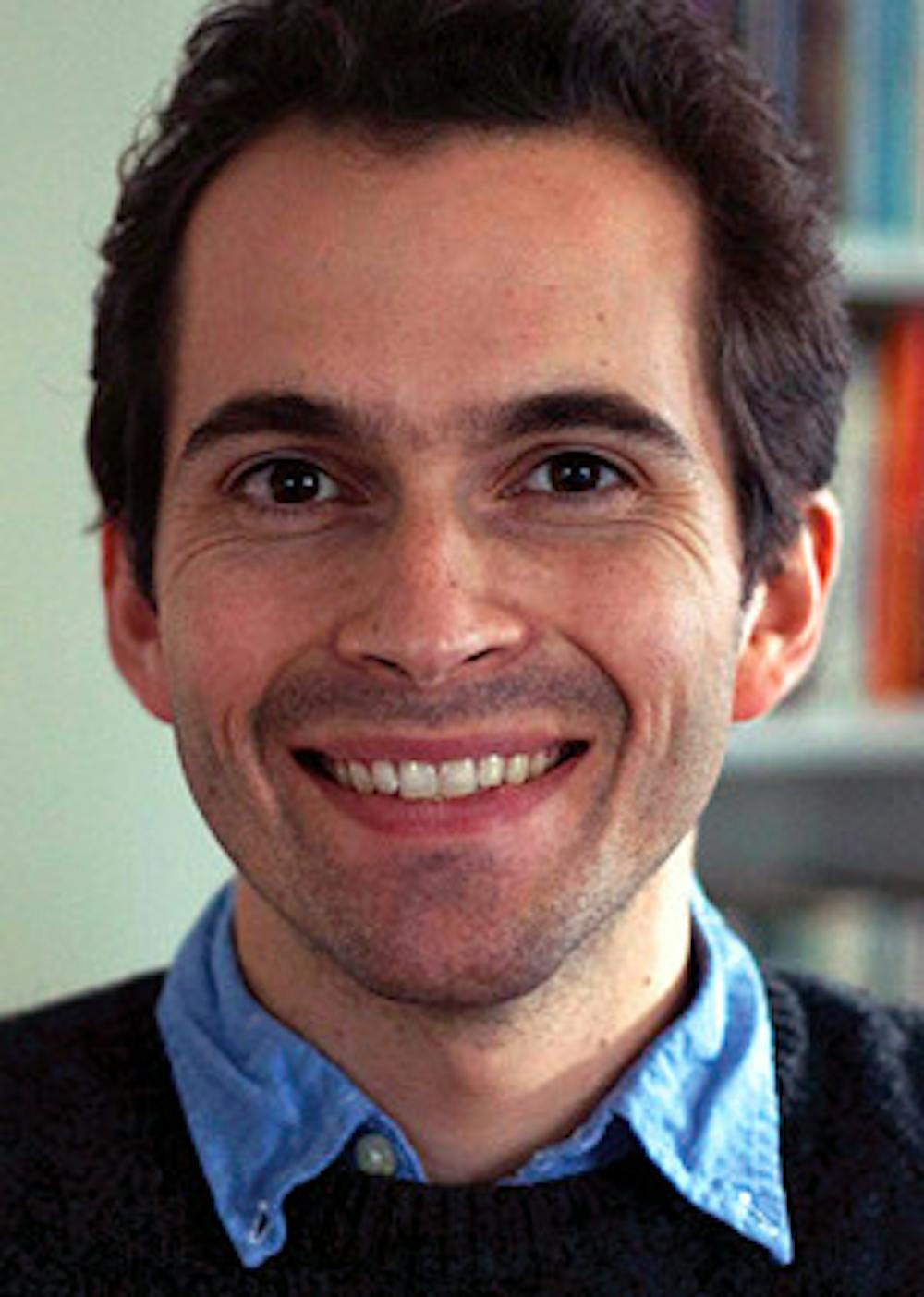As children develop, they base moral judgments more on people’s intentions than on the outcomes of their actions, according to new research led by Fiery Cushman, assistant professor of cognitive, linguistic and psychological sciences. The study was published in the online edition of the journal Cognition last month.
To conduct the study, researchers read picture books to children between the ages of four and eight. In the stories, the actions of characters with good intentions lead to negative outcomes, while the actions of characters with bad intentions lead to positive outcomes. For example in the “apple” story, one character inadvertently steals an apple that rolls into his basket. Another character tries to steal an apple, but it rolls out of his basket without him noticing.
After responding to reading comprehension questions, the children were asked whether the character was “naughty” and whether the character deserved punishment. The researchers found older children were more likely to consider characters’ intentions when determining whether they should be punished.
Still, even older children placed greater emphasis on intent when determining naughtiness than when determining punishment.
“My research shows there’s an interesting dissociation between moral judgment and punishment,” Cushman said.
That dissociation holds implications for sentencing in the criminal justice system, which Cushman examined in a 2011 essay published in the book “Future Science.” In the essay, Cushman sketches a hypothetical scenario in which two friends, Hal and Peter, both drive under the influence of alcohol and lose control of their vehicles. While Hal crashes into a tree, Peter crashes into a young girl, killing her. Based on the outcomes of their otherwise similar accidents, Hal only faces a fine and license suspension while Peter stands to serve time in prison.
Cushman suggested that when determining punishment, it is important to ask if the person actually did anything wrong. “It is possible that they are the victim of unfortunate circumstances instead of the perpetrator of an immoral act,” Cushman said.
Cushman’s interest in morality research developed in middle school when he read the book “The Moral Animal” by Robert Wright. He planned to study the evolution of morality and pursued an undergraduate degree in biology at Harvard. For his Ph.D., Cushman said he realized morality was more of a “human phenomenon” and decided to pursue psychology instead.
Jin Li, an associate professor of education who teaches EDUC 1850: “Moral Education and Development” said Cushman’s recent study advances the notion that children undergo “conceptual change.”
Li noted that research by Paul Bloom, a professor of psychology at Yale, suggests that children as young as one have “some moral sense” in terms of punishment. Bloom and other researchers at his lab found that when one-year-olds watched a puppet show featuring a “naughty” puppet and a well-behaved puppet and then had to punish one by taking away their treat, most chose to punish the naughty puppet.
But unlike Cushman’s research, Bloom’s study did not test whether the children distinguished intent from outcome in determining punishment.
Li said she will likely assign the Cushman article when she teaches her students about the transition from infancy to adulthood.

ADVERTISEMENT




